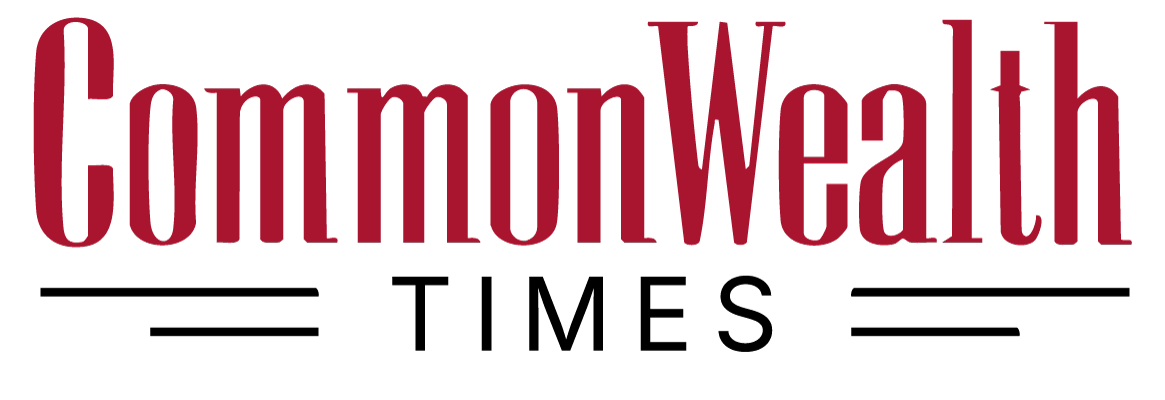President Donald Trump announced plans to extend his federal crime and “cleanliness” crackdown to Chicago and New York, calling Chicago “a mess” and saying New York would be targeted next. The initiative, which has already drawn controversy, focuses heavily on Democratic-led cities with Black mayors.
In Washington DC, Defense Secretary Pete Hegseth has ordered that National Guard troops patrolling under federal control will now be armed—a sharp reversal from earlier assurances that they would remain unarmed. About 2,000 Guard members are currently stationed in the capital, including reinforcements from Republican-led states.
A defense official said troops would carry service-issued weapons in line with their mission to reduce crime. Local leaders, however, strongly object to what they view as an unprecedented federal intervention in city policing.
Trump has already taken direct control of the DC police department and deployed the Guard under his constitutional authority over the capital. He has cited crime and homelessness as justification, despite local objections.
Elsewhere, National Guard forces are normally under the command of state governors. Federalizing them without state approval is extremely rare, but Trump previously did so in California, sending troops into Los Angeles during protests against Immigration and Customs Enforcement.
The crackdown also involves a more aggressive legal approach. Jeanine Pirro, the District’s top federal prosecutor and former Fox News host, directed prosecutors to pursue the harshest possible charges in recent cases, limiting their discretion. The policy could result in longer sentences and reflects Trump’s demand for a tougher stance. However, Pirro has also relaxed enforcement of one local gun law by instructing prosecutors not to pursue felony charges for possession of rifles or shotguns, citing Supreme Court guidance.
According to the White House, federal agents have made over 630 arrests in DC as part of the effort.
Trump has suggested he may expand similar operations to Baltimore, Oakland, Los Angeles, New York, and Chicago. Critics, including Baltimore Mayor Brandon Scott and Maryland Governor Wes Moore, accuse him of targeting Black-led cities for political theater rather than addressing root causes of crime.


